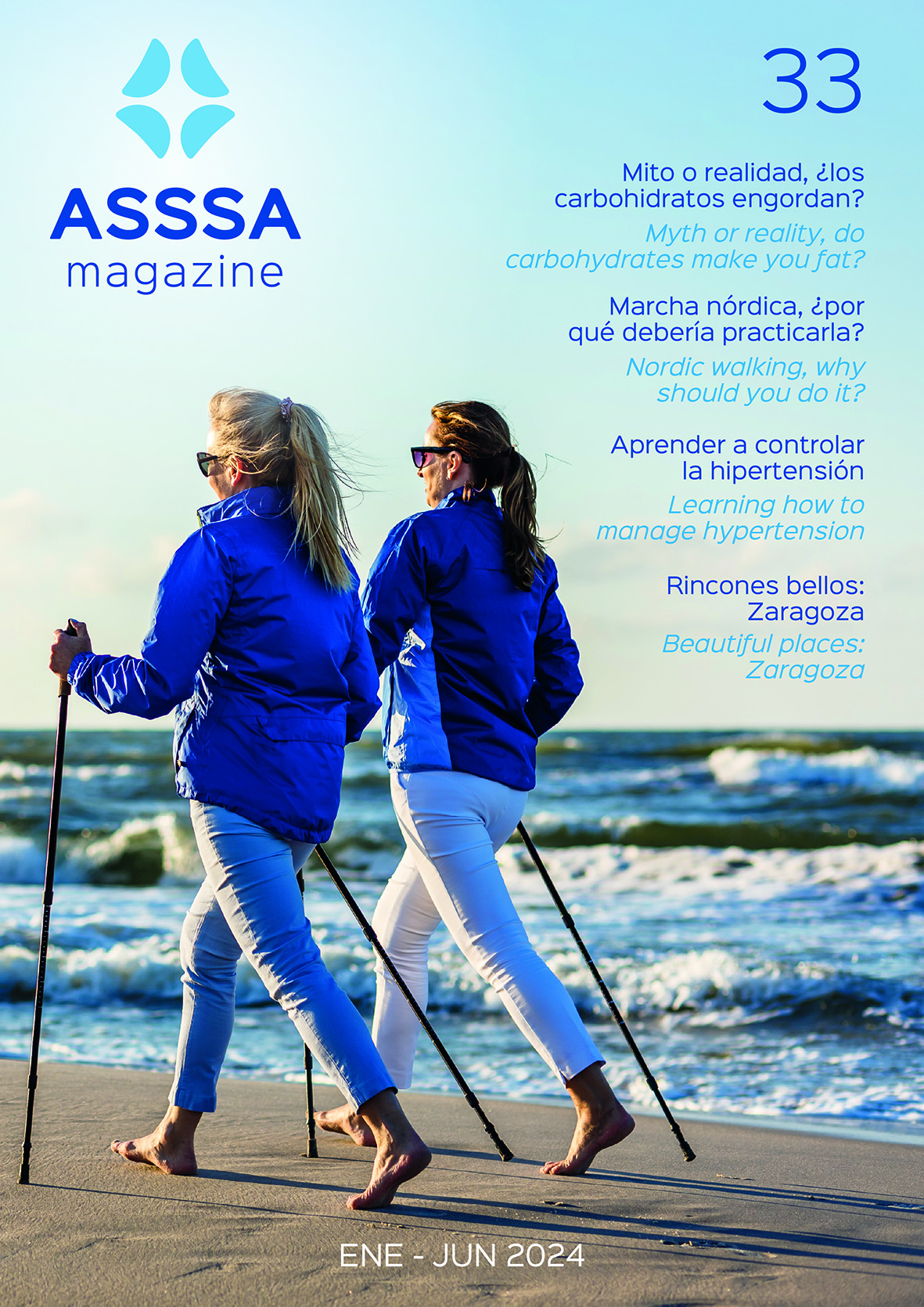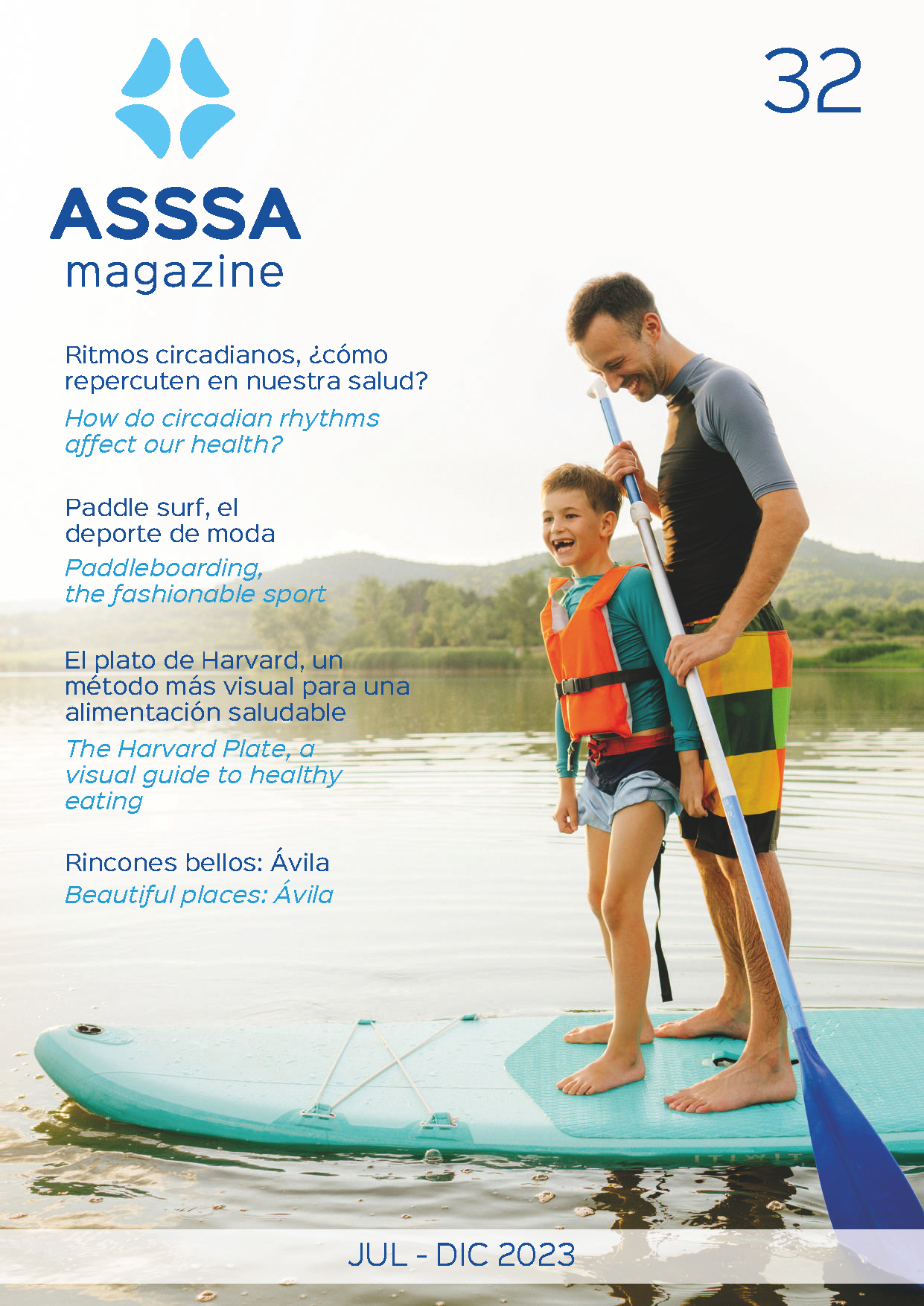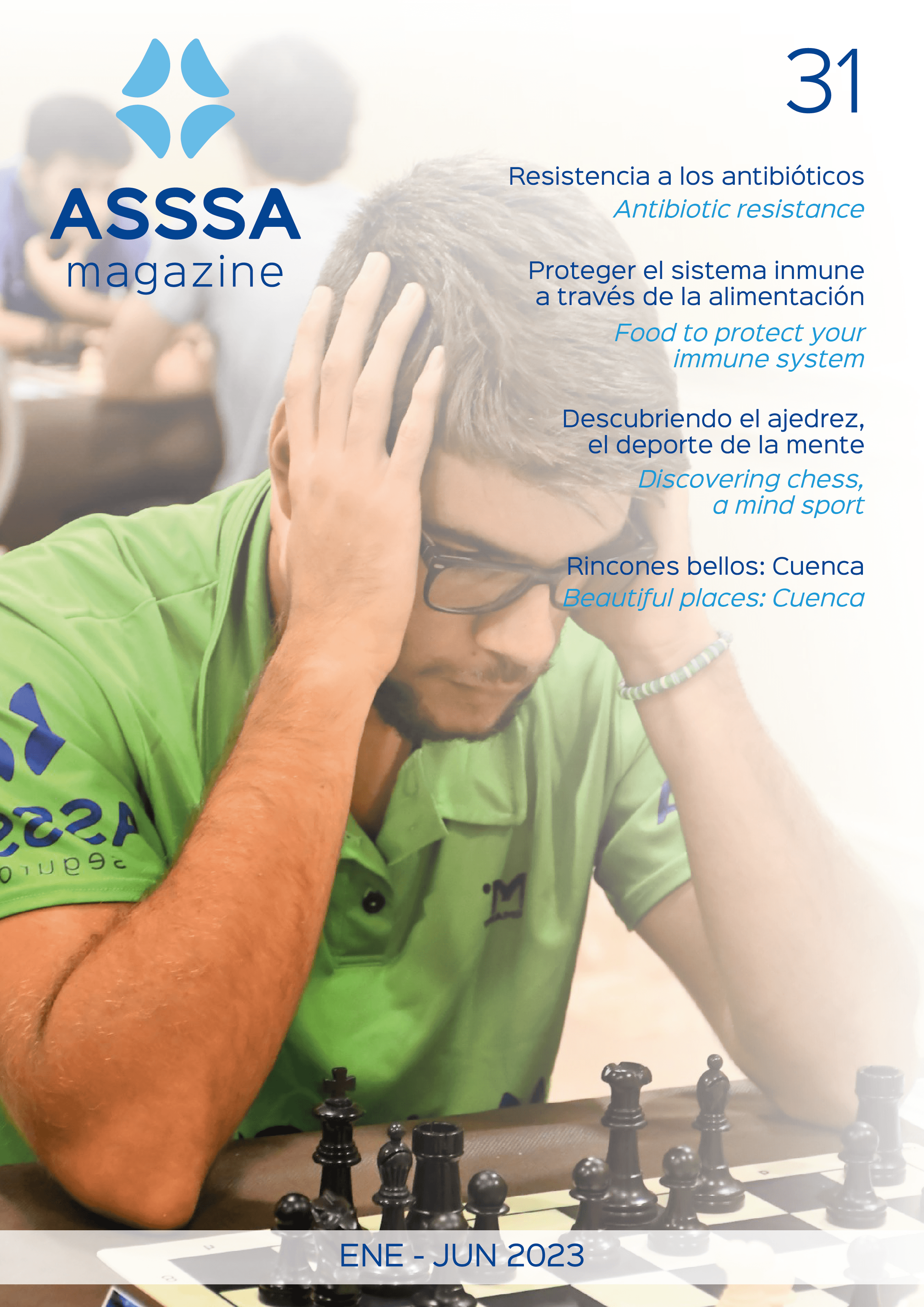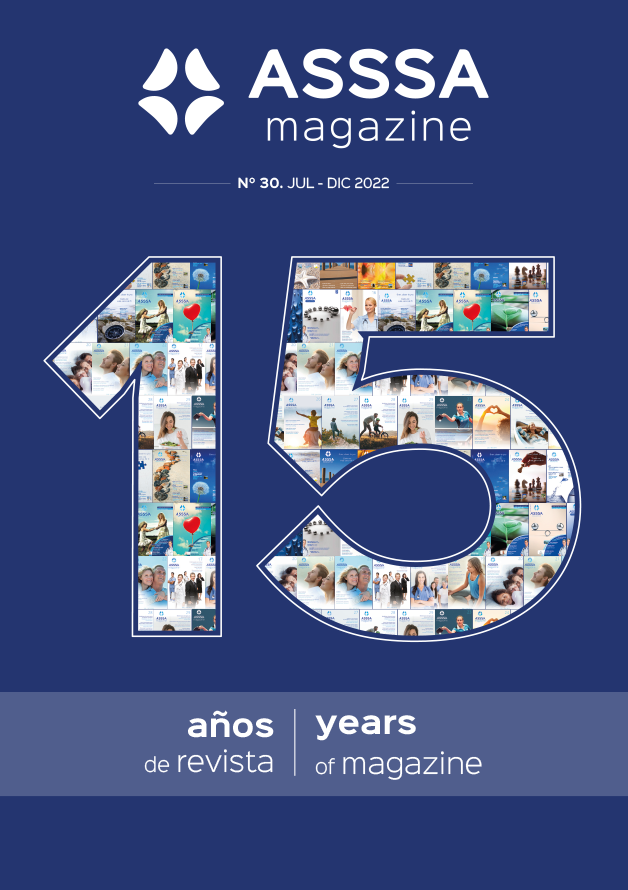
To those of us who are already old, the science seems complicated. However, the distinguished professors who visited Alicante at the beginning of this year spoke about it with ease. We talk about “genomes”, without really knowing what they are. We are told that there are about 30,000 genes packed into the nucleus of a cell that is measured in “microns”. A “micron” is onethousandth of a millimetre. And when it comes to cells, I can’t even imagine how to calculate how many of them we contain.
Even if we don’t understand what our genomes do, we know it must be something very significant. When it comes down to it, understand it or not, it is so significant that makes each and every person unique and unrepeatable. Allow me to clarify and explain: the genome is like a book that contains properly grouped and sorted letters. This grouping and sorting creates a text, a text that tells us something. It tells us who we are. Let us return to the illustrious sages who came to Alicante, the “City of Light”, to share their knowledge with us and shed light on what science will bring in the years to come. The group of experts discussed the challenges of the aging population, sharing their understanding of the biological ageing process, essential if we wish to efficiently prevent and treat its accompanying diseases. Before continuing, a brief aside. On the day I was honoured to meet Maria Blasco, she asked me, “You’re not one of those geriatricians who thinks old age is a disease, are you?” “No, no – I answered, “Nothing of the sort”, before taking a deep breath. A group of scientists, working both in Spain and beyond, agreed that it is important for our country to maintain its leading position in the field of gerontological research, and posited the possibility of basing a pioneering institute devoted to the study of the subject in Alicante. And according to Angela Nieto, a lecturer and researcher at the Institute of Neuroscience of Alicante (Instituto de Neurociencias (UMH)), our city is an excellent area for the elderly, which makes it a good location for a centre not only for discussion, but for knowledge generation for developed countries that already look upon health and well-being as priority challenges.
The President of the Government of Valencia, Ximo Puig, is an enthusiastic supporter of the proposal. Maria Blasco, a native of Alicante and director of the National Oncology Research Centre, is an expert in the molecular mechanisms of ageing. At this magnificent meeting of experts, she said, “we can only control diseases by knowing the origins or causes of disease”, adding that, “only if we understand what causes aging at the molecular level, we will be able to prevent and cure diseases like stroke, Alzheimer’s disease, etc.”. Maria also said that, “although there are international leaders in our country working in areas such as molecular research, we do not have a centre that addresses ageing in a comprehensive manner”. The cornerstone of a future project, because she clearly said that Alicante could become the leader in gerontological studies. “Spain has the opportunity to lead the world”. The even-numbered seats in row nine in the Auditorium of Alicante Provincial Government (Auditorio de la Diputación de Alicante (ADDA), were occupied by members of the Mediterranean Gerontological Association (Asociación Gerontológica del Mediterráneo), which has been organising courses, workshops, and events to reverse the attitude towards ageing as a negative fact for more than ten years. From her “chair”, which I write with absolute humility, we have tried to reveal and give meaning to a process of life that does not mean “the end”, but “new opportunities”. Dr. Francisco Mas-Magro y Magro Gerontologist. Vice President of the Mediterranean Gerontological Association 8 magazine Look after your health 9 magazine “The first law that would have to be abolished in many countries is compulsory retirement. There must be, of course, a law that gives the right to retire at 65 or 67 years of age, but that is not an obligation”. This was said by Alexandre Kalache, a Brazilian gerontologist who was responsible for the World Health Organization Ageing Programme for 14 years. As world authority on the subject of longevity, he is acknowledged as the creator of a new word: “gereontolescence”. This second adolescence begins at the age 65 or older and the elderly people is capable of massively revolutionise society, find and get their space, actively participate in it, as proposed by Erdman B. Palmore, the other great expert of gerontolescence, who insists on the need to be part of daily life, regardless of age. Because the function makes the organ, as is often said in medicine. Willingness to stay active in a dynamic world is the basis of healthy ageing.
This was precisely what I said at the Active Ageing Seminars held in Madrid last November. Based on this philosophy is that of incorporating new technologies, for example, it’s now common to see people aged 70 years or more cycling; elderly people over the age of 80 wearing a number on their back and setting out to finish a half marathon. Universities where older people are studying. Elderly people with their mobile phones or tablets. We need to recover our optimism, not the hope of making the dream of immortality come true – as we said over and over at that memorable meeting in Alicante – but to make the dream of healthier aging come true. It isn’t a question of getting an additional ten years of old age with its attendant aches, pains, and symptoms, but of working ethically on genetics to prolong youth and eliminate most of the diseases that consume us when we reach a certain age. We must also leave behind the ostracism that impels us toward old age and unleash the ideas and dreams we all have inside. Maria Blasco is very clear in her book, “Dying young at 140” (“Morir joven a los 140”). She certainly doesn’t talk about dying at 140 with Alzheimer’s disease or chronic kidney failure. And there are teams working in that direction. Scientific teams. And political scientists and economists spinning their neurons. Suffice it to read the social and economic literature to realise that, quietly, yet with concern, they are establishing criteria, public and private consensus, which manifesting great interest in the future that awaits us all, when the percentage of older adults, elderly and seniors will be a majority that must be attended to in some way. This is the great challenge. And it is not a question of apportioning blame. We are what we want to be. That is why we need to be personally aware and to have social support. Because, in the end, we depend on each other. Or, at least, that’s what they say.
Dr. Francisco Mas-Magro y Magro Gerontologist-Vice President of the Mediterranean Gerontological Association
The information published in this media neither substitutes nor complements in any way the direct supervision of a doctor, his diagnosis or the treatment that he may prescribe. It should also not be used for self-diagnosis.
The exclusive responsibility for the use of this service lies with the reader.
ASSSA advises you to always consult your doctor about any issue concerning your health











